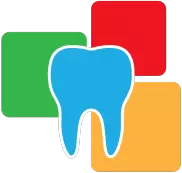When Should I Have My Wisdom Teeth Removed?
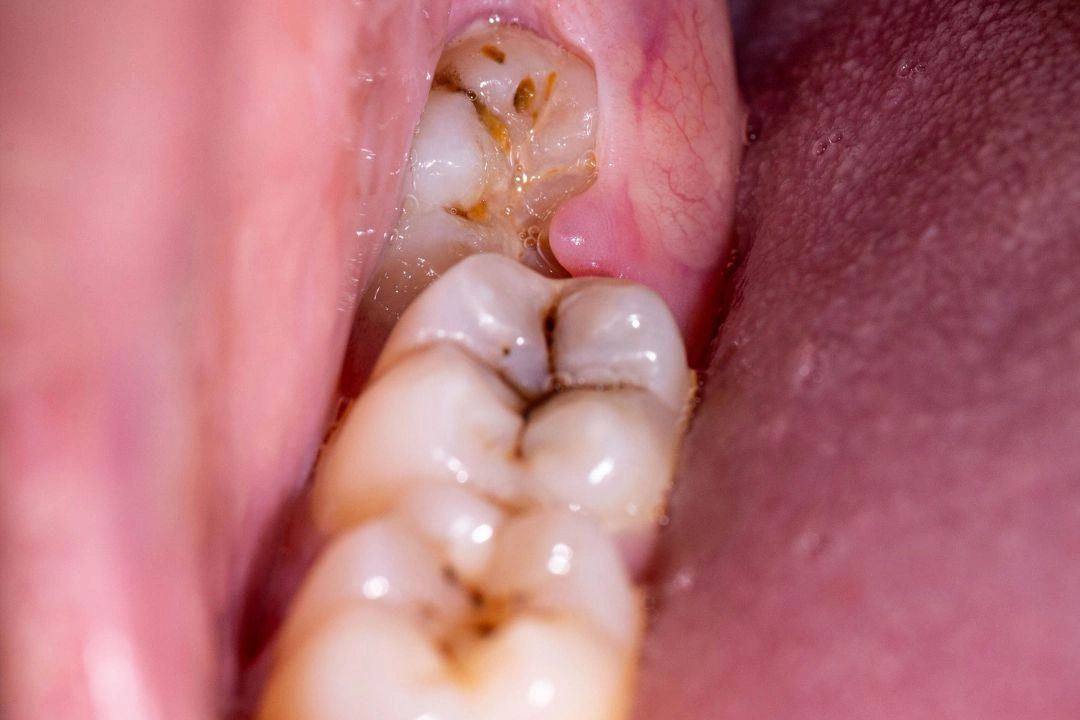
Wisdom teeth are referred to as third molars. These are the very last set of teeth located on the back side of the mouth. Most people receive them between ages 17 and 25, but that is not so with everyone. For some individuals, wisdom teeth become problematic and must be removed. But when exactly should you have wisdom tooth removal? Let's discuss the scenarios where you will need wisdom teeth removal surgery and why you should schedule your wisdom molar extraction during a certain time.
What are Wisdom Teeth?
Wisdom teeth, or the third and last set of molars in the back of the mouth, may appear as late as between ages 17 and 25 years. Evolutionally, human ancestors needed these teeth to grind plant material. Today, however, they often serve little functional purpose. For many people, wisdom teeth never fully emerge from the gum or never fit correctly, giving rise to a multitude of problems.
Why Should I Have My Wisdom Teeth Removed?
Though wisdom tooth extraction is pretty common, it's not always required for everyone. However, there are various reasons why your dentist may recommend wisdom teeth treatment or wisdom tooth surgery.
1. Impaction of Wisdom Teeth
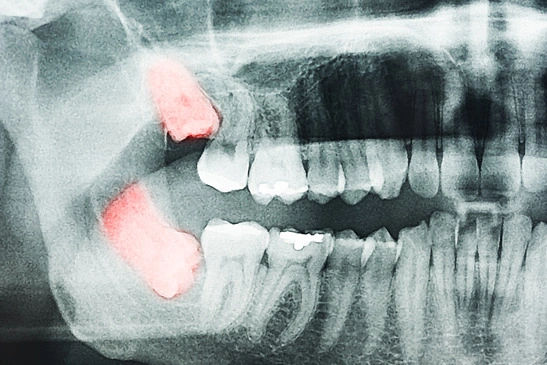
A common wisdom tooth is impacted when there isn't sufficient space in the mouth to allow the tooth to come in completely. This might be painful, swollen, and it may damage the adjacent teeth. Wisdom teeth removal surgery would be the best course of action to prevent further problems from arising.
2. Overcrowding of Teeth
If your wisdom teeth erupt while your mouth is already overcrowded, they may force the rest of your teeth out of alignment. Crowding like this can cause effects of previous orthodontic treatment, such as braces, to become undone. In such cases, a wisdom molar extraction can ensure that your smile remains straight.
3. Infection and Gum Disease
If your wisdom teeth are partially erupted, it can create a pocket for bacteria to collect, causing infection or gum disease. Sometimes, wisdom tooth extraction is required to prevent other more serious oral health issues, such as abscesses or gum infections.
4. Cysts or Tumors
In rare cases, wisdom teeth can cause cysts or tumors around the affected tooth, leading to bone damage and other serious complications. These cases can be prevented with early removal of wisdom teeth.
5. Pain and Discomfort

Wisdom teeth can be quite painful, especially when they become infected, impacted, or come in at weird angles. Chronic pain might call for wisdom tooth surgery to alleviate the discomfort and avoid future pain.
When Should You Have Your Wisdom Teeth Removed?
The timing of your wisdom teeth removal is an important consideration in terms of how difficult the surgery is going to be and how quickly you'll recover.
1. Early Removal Is Often Best
Many times, it is easier to have wisdom teeth removed when you are in your late teens or early 20s. Your roots will not be fully formed at this age, so the procedure is less painful, and healing time is faster. Younger patients tend to have fewer complications with wisdom tooth extraction than patients who wait until later in life.
2. Routine Dental Checkups
Regular dental checkups can be important in the detection of problems with wisdom teeth. Your dentist can use X-rays to monitor the development of your wisdom teeth and suggest wisdom teeth treatment before problems occur.
3. When Pain or Infection Occurs
If your wisdom teeth are causing significant pain, swelling, or infection, it's time to visit your dentist for a consultation. Wisdom tooth surgery may be necessary to relieve symptoms and prevent the spread of infection.
4. After Age 30
While wisdom teeth can be removed safely with no age limit, patients after 30 might have complicated surgery and longer periods of recuperation. The teeth roots tend to be complete, meaning the bone tissue surrounding their roots is dense, more challenging to extract from. Wisdom tooth removal remains possible after age 30; in most cases, still necessary
Understanding the process of extraction of wisdom teeth helps to alleviate nervousness.
1. Consultation and X-rays
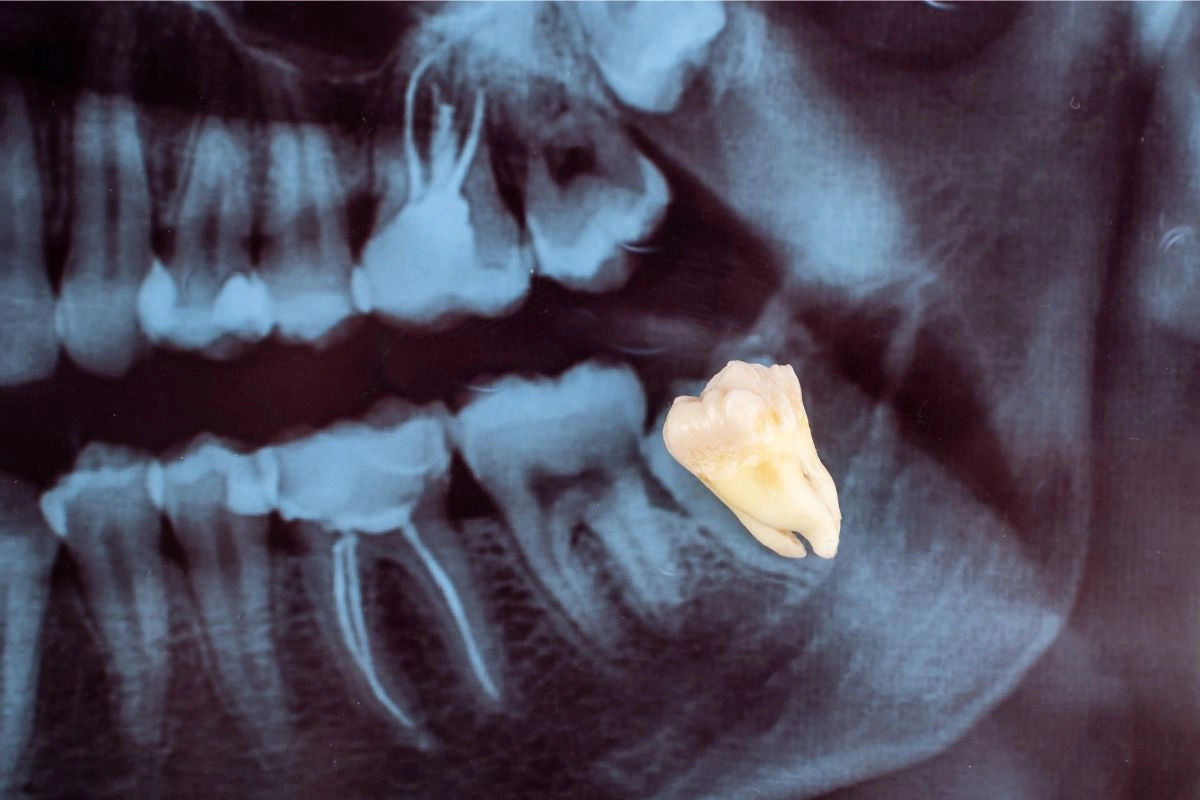
Your dentist must first evaluate your oral health and take X-rays on the positions of your wisdom teeth before proceeding with wisdom tooth surgery to plan a good course of action.
2. The Surgery
This surgical procedure may be done under local anesthesia, but there is usually the option of sedation for anxious patients. A small incision will be taken by the surgeon into the gum to reach the tooth to be extracted, if impacted usually it is removed in fragments.
3. Post-Operative Care
After wisdom tooth surgery, you will be informed on how to care for pain and swelling. Recovery time is always different, but most patients tend to heal within a few days to a week.
Benefits of Wisdom Teeth Removal
There are some benefits of removing wisdom teeth before they cause significant problems as follows:
1. Prevents Future Complications
Wisdom tooth removal early tends to prevent complications such as infection, cysts, and damage to the adjacent teeth.
2. Improved Oral Health

Removing wisdom teeth can help maintain your overall oral health, preventing gum disease and overcrowding.
3. Reduced Pain
If your wisdom teeth are causing discomfort, removal can provide significant relief and prevent ongoing pain.
Conclusion: When to Consider Wisdom Tooth Removal at AMD Dental Clinic
If you are experiencing issues with your wisdom teeth, it is always best to consult a dental professional to find out the best treatment for your case. Wisdom teeth treatment at AMD Dental Clinic will ensure that you maintain your oral health and prevent future complications. Whether you need wisdom tooth extraction or wisdom molar extraction, our team is here to provide the care and expertise you need to achieve optimal oral health.
- A-3, Natraj Nagar near Imli Phatak, Jaipur-302015
- +91 9945826926
- contact@amddentalclinic.com

Is a Dental Implant the Only Option for Replacing a Missing Tooth?
Discover alternatives to dental implants for missing teeth! Explore expert insights from Dr. Mili Gupta at AMD Dental Clinic. Read now to learn more!

Why Dentists Recommend Dental Implants Over Bridges & Dentures | Expert Guide by a Prosthodontist in Jaipur
Discover why dental implants are preferred over bridges & dentures. Learn expert insights from Dr. Mili Gupta at AMD Dental Clinic, Jaipur. Read now!
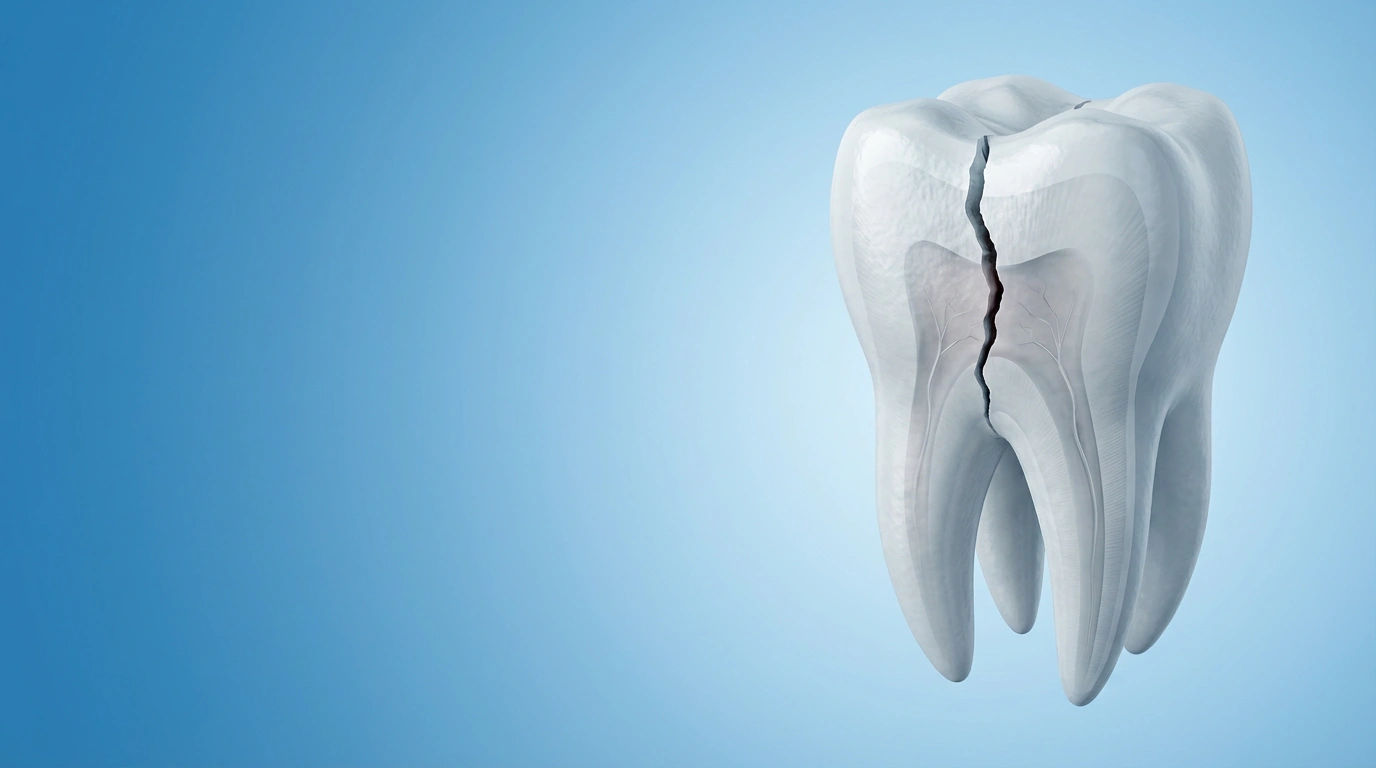
Why Tooth Fractures Are Rising: A Modern Dental Concern You Shouldn’t Ignore
Discover why tooth fractures are increasing and how AMD Dental Clinic can help protect your smile. Learn causes, prevention tips, and expert solutions today!
